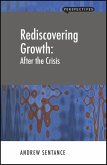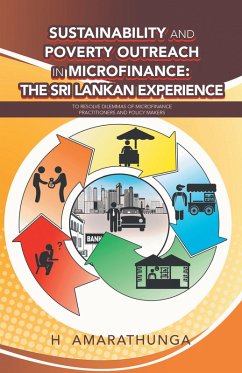The experience economy is a fourth economic field different from commodities, goods and services. Experiences are an economic value added to a product or identical with the product. When you buy an experience, you pay to spend time enjoying a series of memorable events that a company stages to engage the customer in a personal way. The experience dimension has moved into a predominant place since the 1990s, fueled by an expanding global and digital economy. In developed countries, people get richer and more individualized and having met all basic materiel needs, they focus increasingly on personal development and self realization. Demand for experience-based products increases, such as tourism and sports as well as film, music and other contents of media and interactive technologies. Furthermore, the demand for experience values is extended to include any product and dimension of modern societies, such as the design of houses, furniture, clothes, cars, computers, etc. This is not a completely new story. Commercial entertainment and design has been around for a century or so. And in addition, universal values of love, sex, belief, family and the meaning of life have always been vital to human beings. What is new is the fact that capitalism is invading more and more fields of experiences connected with emotions and the extension of life proportions. In all developed countries and increasingly on a global scale, a series of expanding industries have emerged to supply the market with experience-oriented goods. In this book, the business development of markets and industries is covered from tourism, to media and entertainment, and from design to sex, including leading companies and trends in all industries involved.
Dieser Download kann aus rechtlichen Gründen nur mit Rechnungsadresse in A, D ausgeliefert werden.









